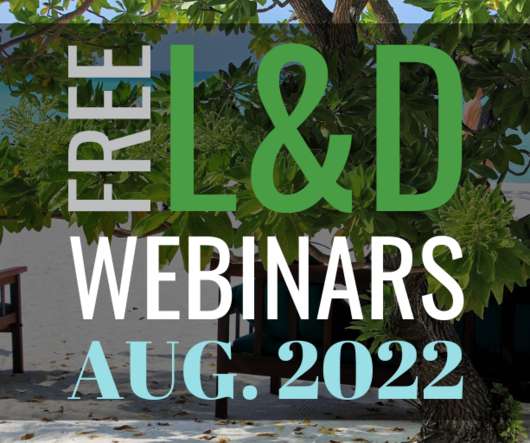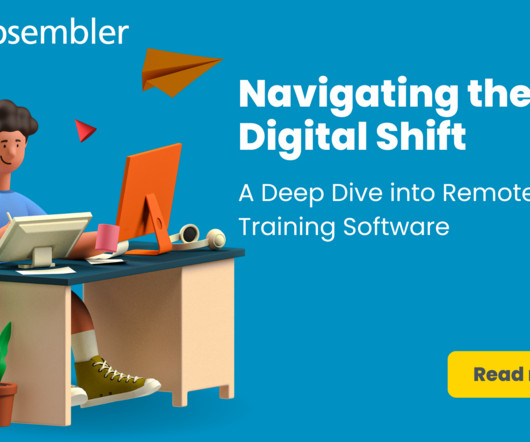Moving from Teacher to Facilitator | Social Learning Blog
Dashe & Thomson
JANUARY 25, 2011
It’s in your mind One of the pioneers of adult learning theory, Malcom Knowles , explored the role of adult education and facilitation (andragogy) versus the traditional style of teaching children (pedagogy). Now the learner is responsible for helping create and shape the learning experience, and now they share the accountability as well.
































Let's personalize your content